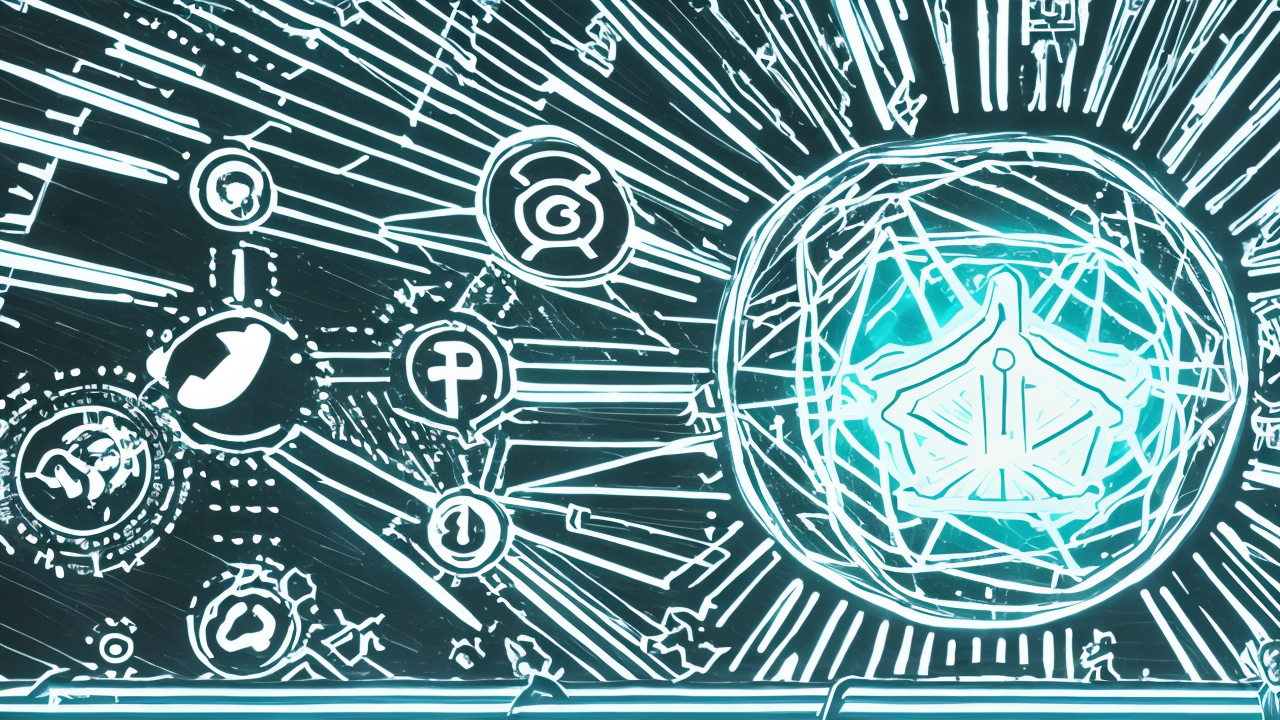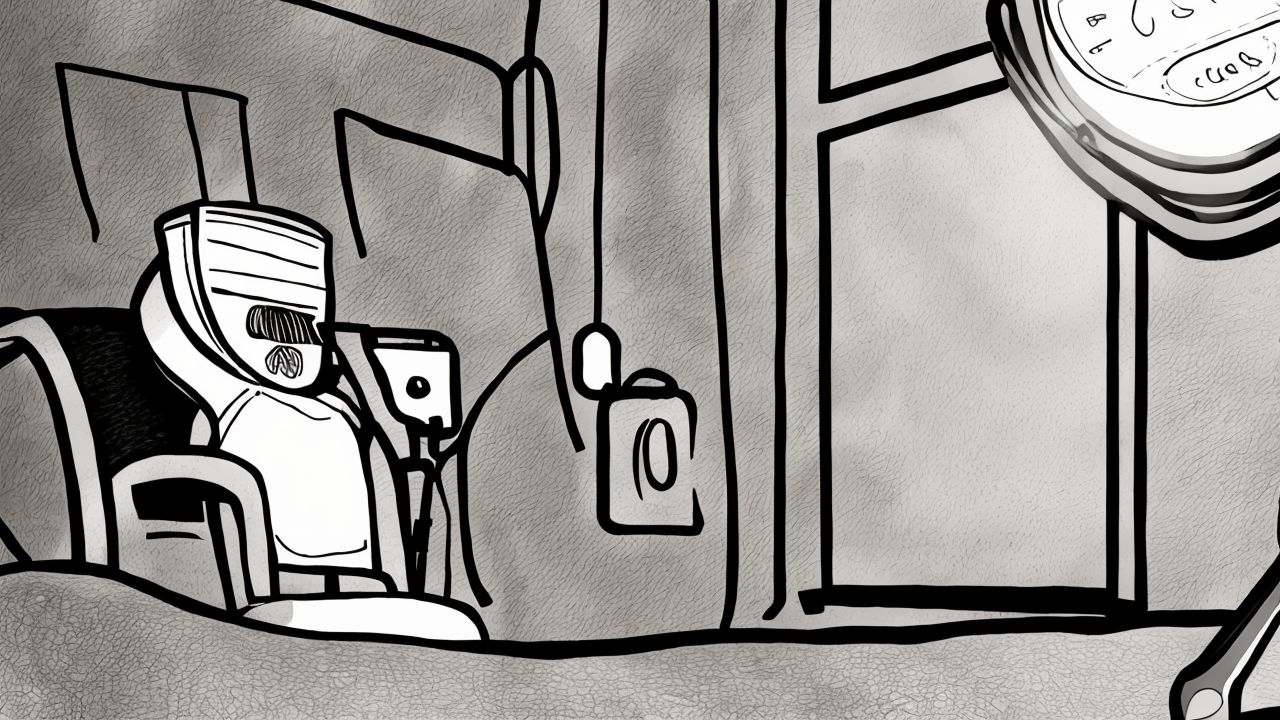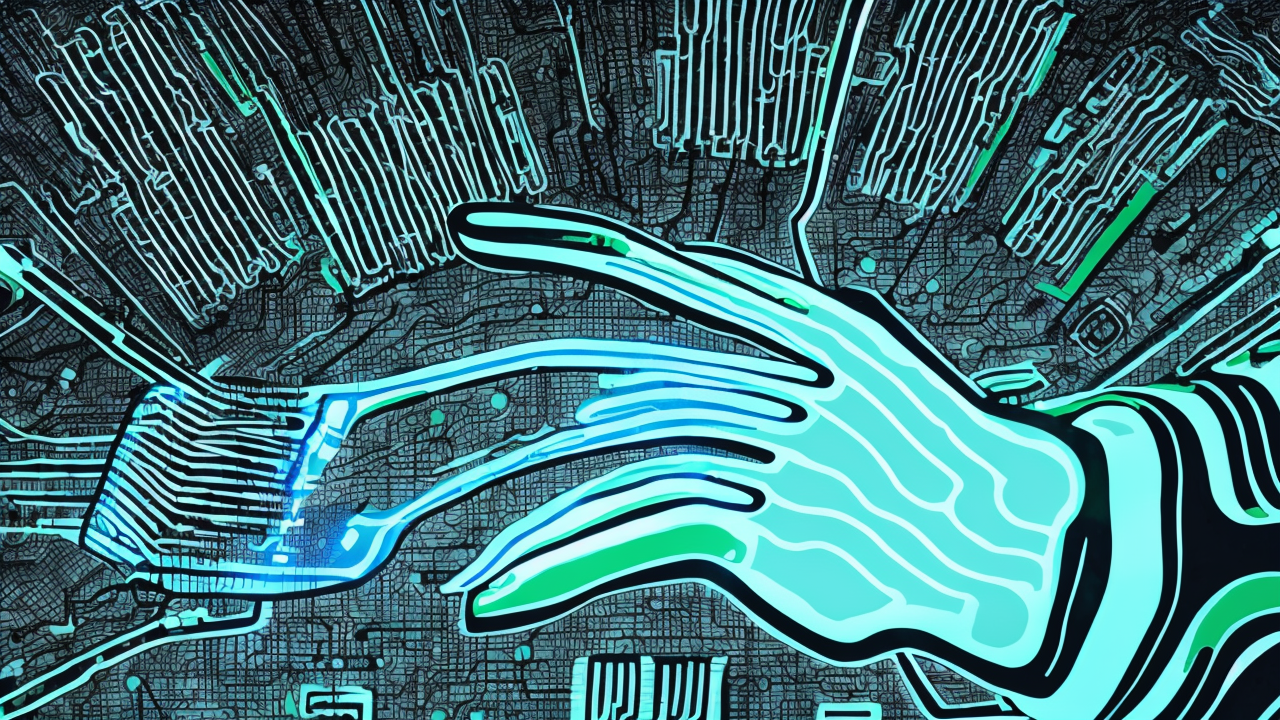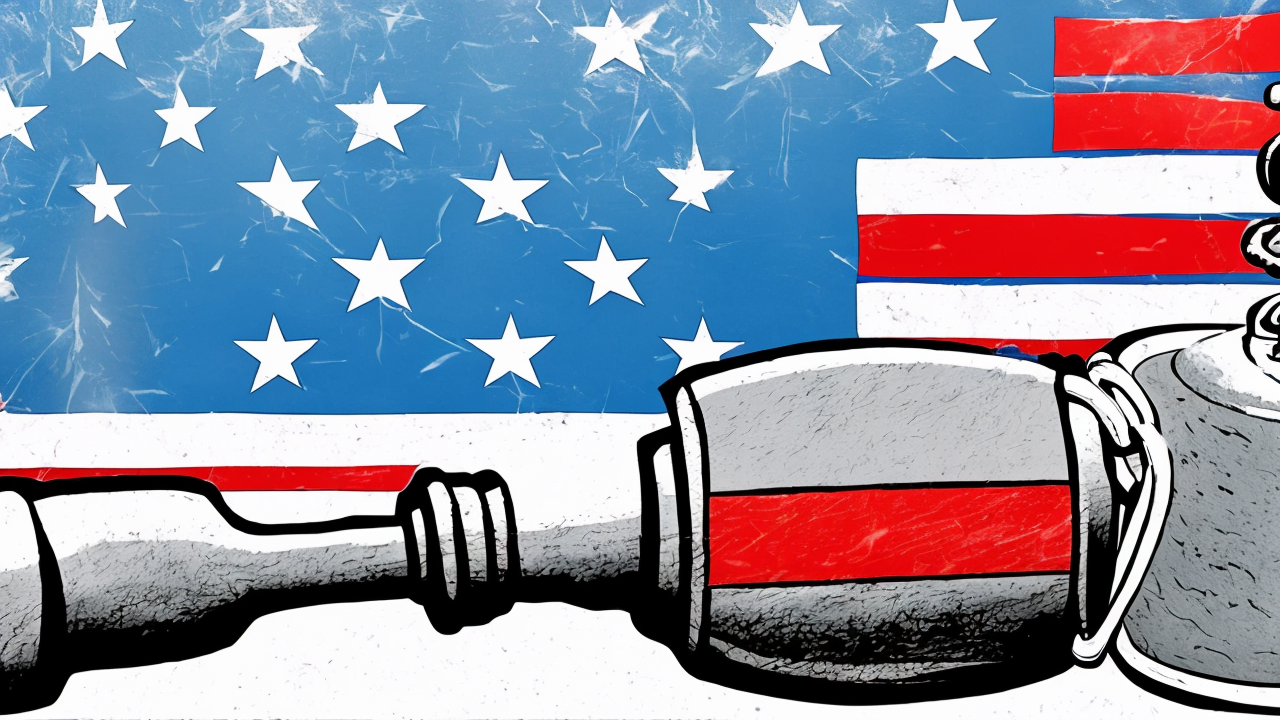OpenAI's ChatGPT Faces Ethical Scrutiny Amid Mental Health Concerns

Artificial intelligence has become an ever-present force in modern life, shaping how we communicate, learn, and even cope with hardship. Among these tools, OpenAI’s ChatGPT stands out for its reach and influence. But with great power comes great responsibility—and recent developments suggest that the current trajectory of AI development may be moving in the wrong direction.
Reports indicate that approximately one million users engage with ChatGPT each week in conversations involving suicidal thoughts. While the platform claims to offer support, the reality is more complex. The very design of such systems—meant to respond to nearly any input—can unintentionally encourage vulnerable individuals to share deeply personal struggles without clear pathways to professional help. This raises a serious question: should a machine be the first place someone turns during a crisis?
OpenAI has taken steps to address these concerns, including consulting mental health professionals. Yet critics point out that the wellness advisory council does not include suicide prevention specialists. That absence is not a minor oversight—it reflects a deeper imbalance in priorities. When the voices shaping AI’s ethical framework are not those trained to handle life-and-death situations, the system is bound to fall short.
The situation became even more troubling when OpenAI announced plans to allow users to engage in erotic conversations. This decision comes despite earlier warnings about the risks of such content, especially for younger users. In an environment where emotional vulnerability is already a concern, expanding access to sexually suggestive material feels like a step backward. It suggests that engagement metrics may be taking precedence over the well-being of users, particularly minors.
A tragic case involving a 16-year-old who died by suicide after using the platform has brought these issues into sharp focus. While the company stated it could not have predicted such an outcome, that response rings hollow. No responsible entity should claim ignorance when the tools they create are used in ways that endanger lives. The fact that the system can detect distress signals but fails to act appropriately when they are most urgent is not a flaw of design—it’s a failure of moral commitment.
Conservatives have long emphasized the importance of personal responsibility, the sanctity of human relationships, and the need for institutions to serve the common good. These values are not outdated; they are essential. Technology should enhance human dignity, not erode it. When AI begins to replace the kind of care that comes only from a compassionate, present person, we risk weakening the very fabric of community and trust.
This is not a call to abandon innovation. It is a call to ground it in enduring principles. We can and should push the boundaries of what technology can do—without losing sight of who we are as a people. That means requiring AI developers to include mental health experts in their oversight teams, especially when designing tools used by young people. It means establishing clear standards for content, especially around topics that can exacerbate emotional distress.
The future of our society depends on whether we allow algorithms to shape human interaction in ways that diminish empathy and accountability. If we continue down the current path, we may gain convenience, but we will lose something far more valuable: the capacity to care for one another as human beings.
We must choose wisdom over speed, compassion over clicks. The most advanced technology is not the one that learns fastest—but the one that protects the most vulnerable. That is the true measure of progress.
Published: 10/28/2025








